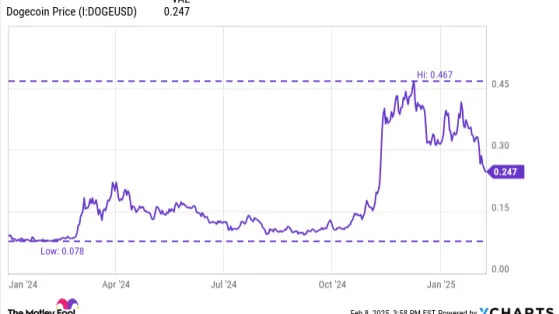Blockchain has a big problem. There are incredibly smart and capable developers building, but the space has become fractured. Every blockchain has its own access point that only works for them, forcing users to download multiple apps, set up multiple accounts, and manage all of these accounts separately. Developers must also learn and relearn new programming tools whenever they join a new project.
Charlie McCowan, Chief Investment Officer at
ZetaChain
, spoke to TheStreet
Roundtable's
Jackson Hinkle about the work his company is doing to bridge the gap between different blockchains.
Building a crypto hub
ZetaChain’s goal is to build a one-stop shop for crypto users in the same way Google has become the single access point most people use to browse the traditional internet. The first problem to solve is creating good developer tools that they can easily deploy across chains.
“It starts at the developer level. If developers build bad experiences, users are stuck with them. If they have bad tools or templates, that carries over,” McCowan explained.
Different blockchains often have different programming languages as well, forcing developers to relearn everything every time they move to a different project. “Switching between chains is jarring and hard for developers,” he said.
ZetaChain connects multiple chains such as Bitcoin, Ethereum, Polygon, and others, allowing developers to deploy smart contracts on connected chains easily and without having to learn new programming languages
User experience
For the average person, crypto’s real hurdle is usability . There are thousands of chains and numerous technical barriers, holding back mass adoption. By offering robust tools, templates, and cross-chain functionality, the platform empowers them to craft intuitive apps. “Users shouldn’t care what chain they’re on,” McCowan noted.
In 2025, Zeta Chain plans to connect more networks like Solana and possibly Cosmos, while expanding developer grants and incubators, with a huge focus on AI-driven apps already emerging on their chain.





